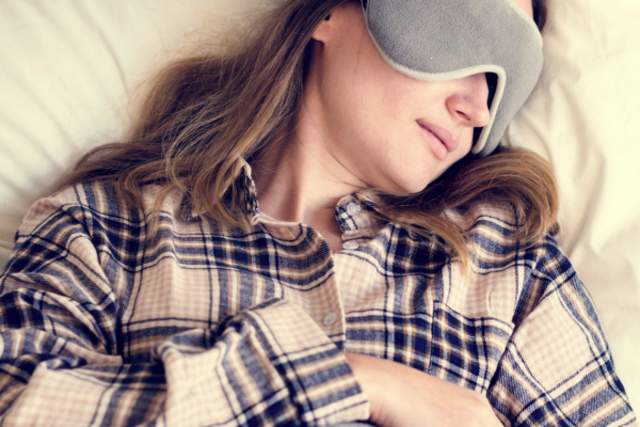Sleep Tourism: 2023’s Break-Out Travel Trend
Trends come and go, but some things remain constant. Take, for example, the universal need for a good night’s rest. Sleep isn’t always a given, but it is an elemental part of our lives and — no matter where in the world you go — there will always be someone who just wants more of it. As an emerging trend for 2023, sleep tourism is a soothing balm for weary travellers everywhere and, on the flipside, a chance for the industry to offer tired visitors exactly the kind of restful experience they seek.
Sleep and Health: The Natural Extension of Wellness Tourism
Think of sleep tourism as a kind of logical extension of wellness tourism; after all, sleep is integral to good health, a link that has been widely understood and acknowledged for years. But in the post-COVID-19 era — a time when sleep is a struggle for so many for any number of reasons — it’s become clear that travellers are actively seeking out experiences that enable them to sleep well.
Sleep tourism is now a phenomenon that’s been highlighted by major travel media outlets such as CNN Travel and CNTraveler, and — more importantly — actively acknowledged within the sector as a new way to engage with and even pamper visitors. Whether they want sleep retreats, high-tech kit to monitor their REM cycles, or quite literally just a silent, dark room, the industry is responding to travellers’ demands for better quality of rest at a breakneck pace.
From a Luxury Experience to a Common Occurrence
From London, Geneva, Ibiza, Bali, and beyond, luxury sleep experiences — think “intelligent” pillows that use AI to adjust to your unique pressure points, mattresses with in-built climate control, in-room apps to track sleep quality, infrared technology, bespoke fragrances, sleep pods, hypnotherapy, etc. — are now becoming commonplace for those who have the money to devote to their health. While the accommodation industry — especially at the higher-end — is now actively investing in and obviously trying to capture a specific segment of travellers who see sleep as an integral part of wellness, a good night’s rest doesn’t always have to come at a cost.
At the moment, no single destination is stepping to the forefront of this new tourism trend, but in any number of European cities — and especially those in Spain and Italy — travellers seeking a low-cost alternative to the aforementioned high-end experiences can still seek out tranquil accommodation with a local monastery or convent. And for the vast majority of travellers whose budget falls into the mid-range category? While sleep researcher Dr. Rebecca Robbins tells CNN Travel that she anticipates that this greater emphasis on sleep will eventually trickle down throughout the global hotel industry, she also adds that “it doesn’t cost much at all to leave a pair of earplugs next to the nightstand.”
Images courtesy of: www.upgradedpoints.com



